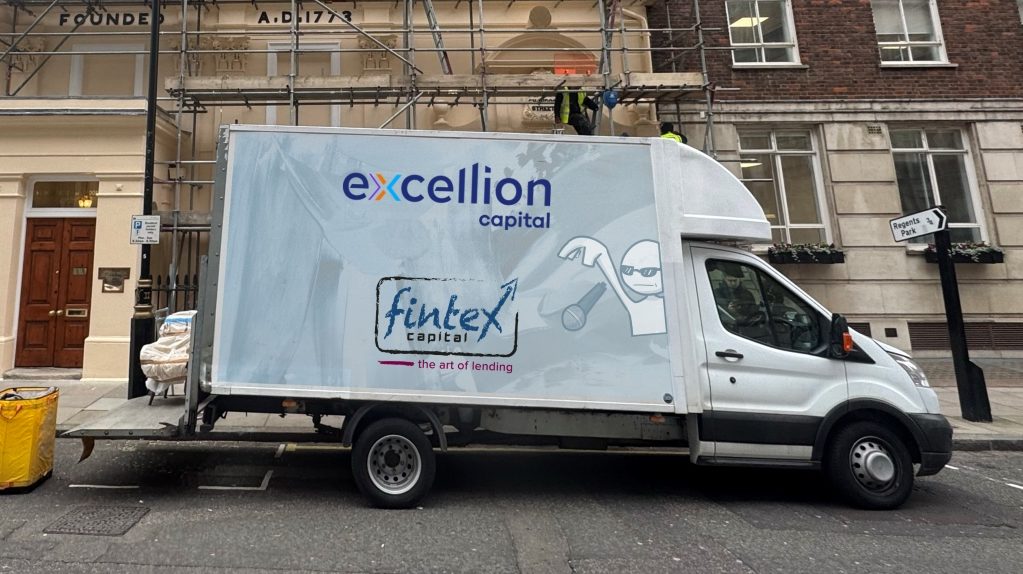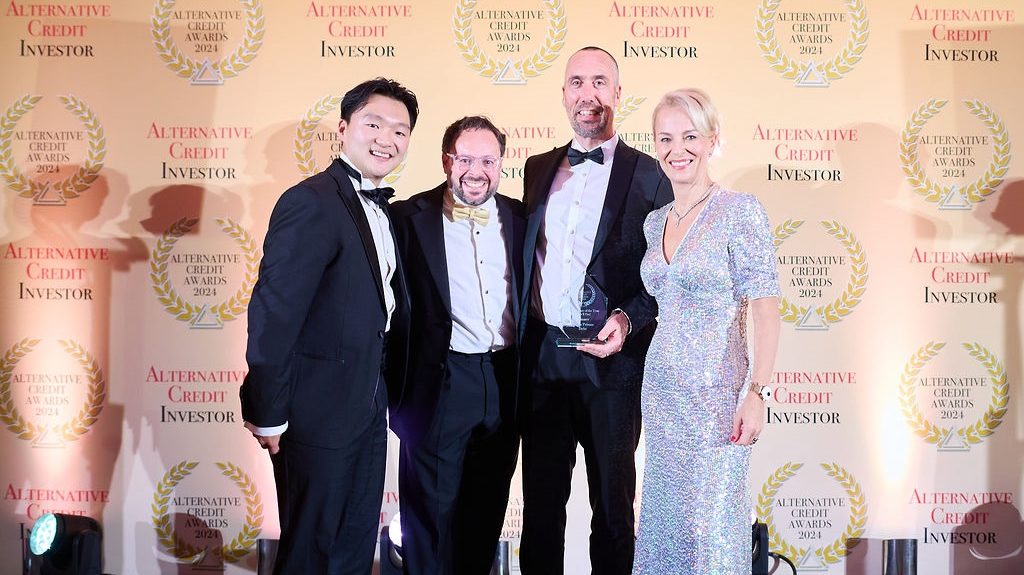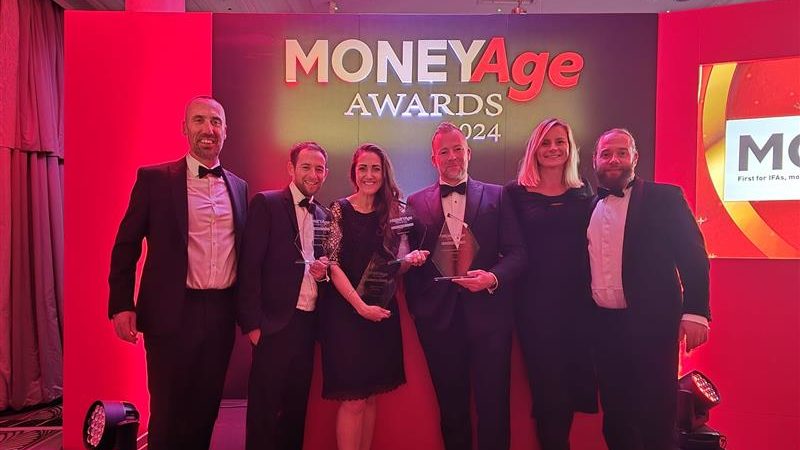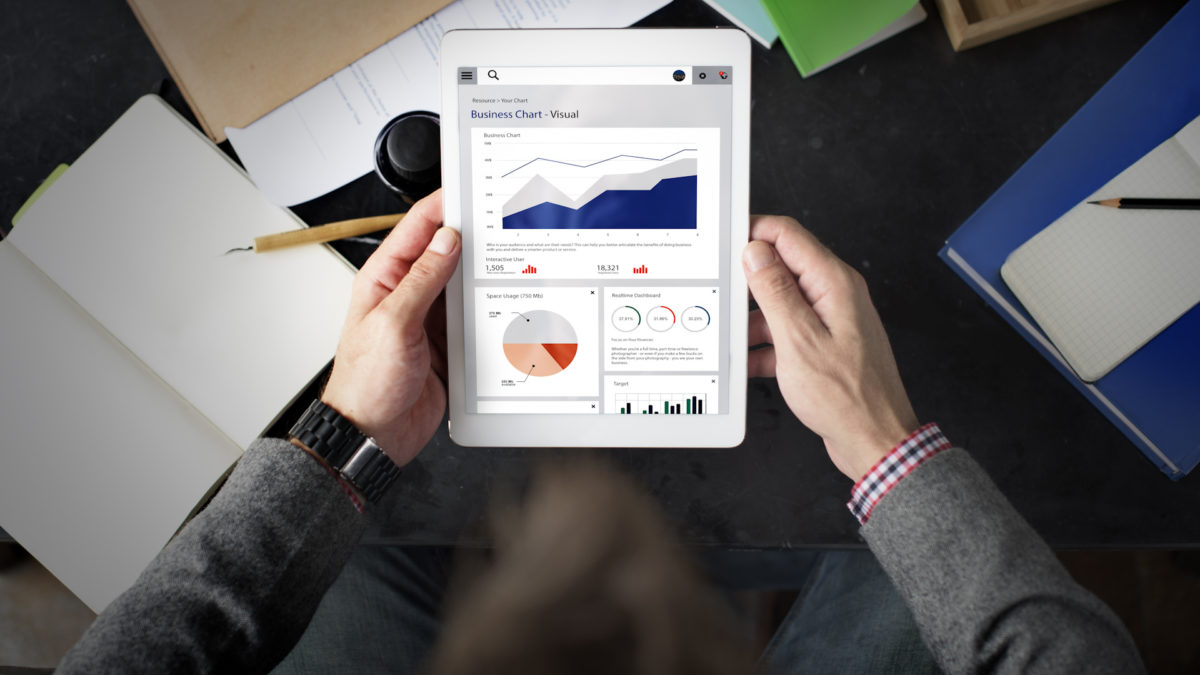Private Credit Is Giving Investors Better Returns Than Private Equity
- State Street index says debt increasingly outperforms equity
- PE distributions have also dropped since the beginning of 2022
- Private debt funds returned 2.61% to their investors in the second quarter of 2023
Investors in private credit are currently getting better returns than they would from private equity, new data shows, piling even more pressure on a buyout industry that’s reeling from the evaporation of M&A this year.
The State Street Private Equity Index, which collects data from about 3,900 funds with $4.8 trillion in capital commitments, calculated that private debt funds returned 2.61% to their investors in the second quarter of 2023, the latest data available, while buyout funds returned 2.29%. Since the start of 2022, private credit has been ahead in all but one quarter, according to State Street’s numbers.
“It reflects the direction of the market,” said Ian Milton, founder of Mercia Capital Partners, a specialist private credit placement agent. Fundraising in both the private debt and equity markets has suffered this year, but the former is doing slightly better. “So many factors are pushing private credit allocations upward;’ he added.
Lenders in the $1.6 trillion private credit market charge borrowers interest at a floating rate, protecting them from the impact of central bank tightening.
Private equity firms, by contrast, have been watching the value of their holdings decline as the cheap-money boom years have ended, and they’re finding it harder to buy and sell companies. That in turn depresses the amount of cash they can return to their investors, known as limited partners. The State Street figures are based on cash flows to LPs and don’t include fees.
Even though pegged interest rates have let private credit funds make higher returns for investors, there are fears about what spiraling interest costs will do to the companies that borrow from them. Colm Kelleher, chair of UBS Group Inc., warned last week of a private credit “asset bubble.”
A new report from Federated Hermes said highly indebted borrowers will continue to struggle with payment obligations. As a result defaults and restructurings will increase, the investment manager added, hitting those direct-lending funds that made aggressively priced loans to cyclical businesses.
Higher rates have boosted returns for the asset class, but “that has led to many challenging and concerning situations,” said Cecile Mayer-Levi, head of private debt for Tikehau Capital.
Private Equity Problems
None of that makes things easier for private equity firms, who have to convince LPs to hand them money for investments that are usually riskier than private credit’s. Equity holders lose money before creditors if a company goes bust, so investors expect returns to reflect that extra risk.
The struggles of buyout firms to return cash to investors, and the subsequent hit to their fundraising efforts, is also a problem for broader private capital markets, which thrived for a decade because of the strength of private equity firms.
All private markets have suffered a slowdown in fundraising this year, but private debt has proportionately been attracting more capital than its equity counterpart recently. Buyout “dry powder” – the money available for deals – has been falling since July 2022, while private debt dry powder has been increasing, according to Nan Zhang, State Street’s head of product implementation and alternative investment research.
The amount of cash private equity funds can return to their investors has dropped since the beginning of 2022, Zhang added.
As the macroeconomic environment has become more volatile over the past two years, private equity firms have struggled to exit businesses. Buyers and sellers are far apart on valuations, leading many firms to hold on to their companies rather than sell them for a depressed price and distribute the money to LPs.
Private equity houses have been putting equity into more companies of late, to refinance or to boost cash, according to JPMorgan Chase & Co.’s European Credit Outlook & Strategy 2024 report.
As private debt enjoys continuous interest payments, distributions to investors have largely stayed stable. Private debt investments also have an end repayment date in the maturity of the loans, whereas private equity funds must sell a company or find creative ways to return capital to investors.
By Kat Hidalgo, Francesca Veronesi, and Silas Brown
Fintex Capital’s Take
State Street compiled data from 3,900 funds with £3.8 trillion in capital and reported that Private Debt funds are outperforming their peers in Private Equity. Over much of 2023, Private Debt funds returned c. 10% (annualised), compared to 9.5% from PE funds. And Fintex Capital’s funds are on track to deliver c. 11% p.a. net to investors.
This is remarkable since Private Debt is naturally of much lower risk than PE. So… higher returns with lower risk, that’s a double whammy! Fintex is a team of Private Credit veterans and our funds have consistently outperformed. Since our inception, we proudly maintain a 5 year+ flawless track record with zero capital losses and zero interest losses.
If you work for a family office or an institutional investment firm, or if you are otherwise seeking superior returns with safety and stability, let’s explore how Fintex can be of value to you. Connect with us on LinkedIn or email us.
Contact our team
hello@fintexcap.com





































































